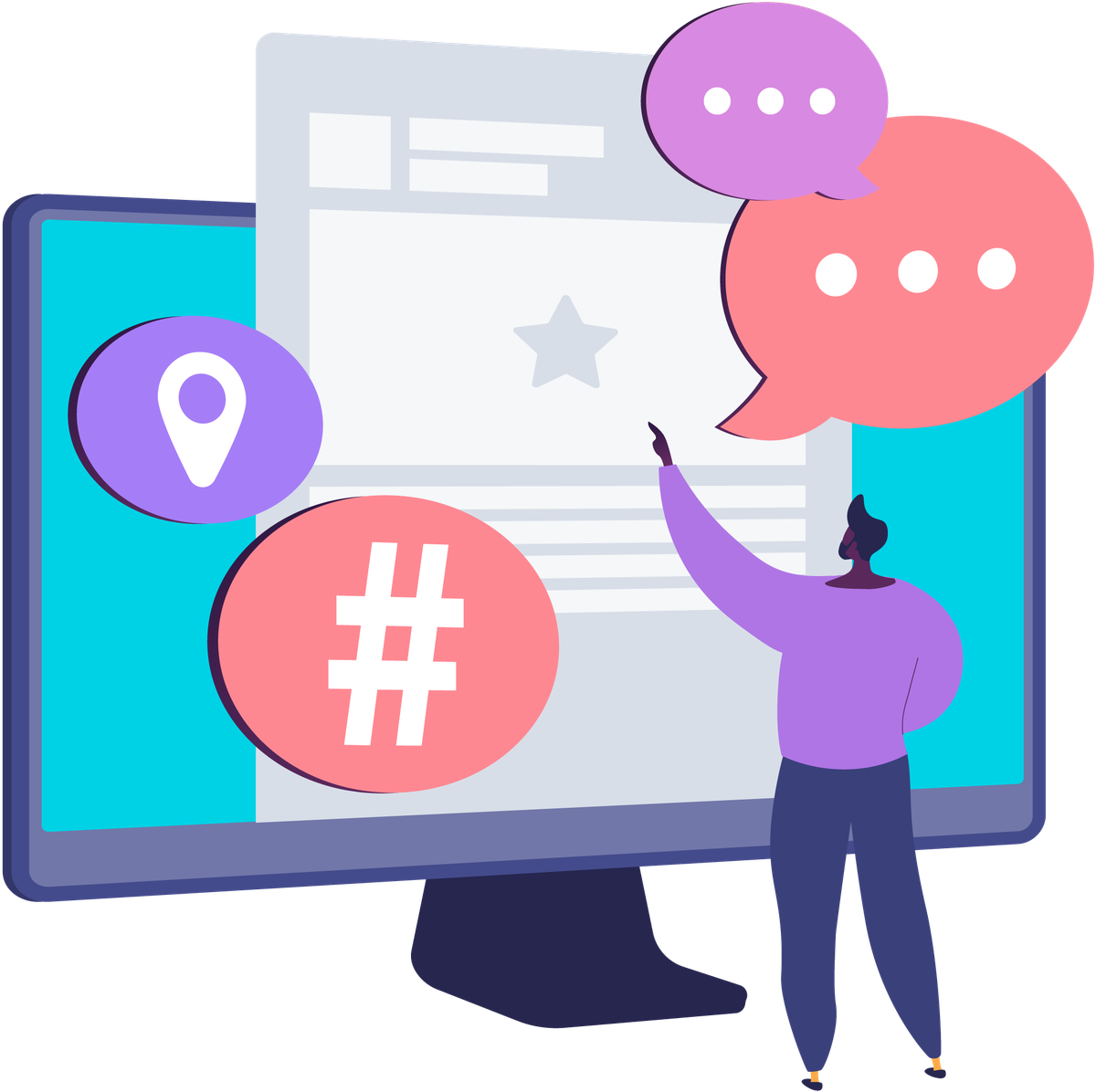Personalisation is so hot right now in digital marketing, how can you leverage it in your business?
Doctor Digital Says

As the landscape of digital marketing evolves at clip, and businesses are seeking endless new ways to stand out in their markets, personalisation has emerged as a powerful tool for businesses to connect with their audience on a deeper level. No longer is it enough to broadcast generic messages to a broad audience; consumers now expect tailored experiences that cater to their individual preferences and needs. In this blog post, we'll delve into what personalisation entails, how it works, and how businesses can leverage it to engage with customers effectively.
What is Personalisation?
Personalisation in digital marketing involves the customisation of content, products, and services to meet the specific needs and preferences of individual consumers. It goes beyond addressing customers by their first name in an email; it's about delivering relevant and timely experiences across various touchpoints throughout the customer journey.
How Does it Work?
Personalisation relies heavily on data and technology to gather insights into customer behaviour, preferences, and demographics. Businesses collect data through various channels such as website interactions, social media engagement, past purchases, and demographic information. This data is then analysed to create customer profiles and segments.
With the help of machine learning algorithms and artificial intelligence, businesses can process vast amounts of data to understand patterns and predict future behaviour. This enables them to deliver personalised content, product recommendations and offers to individual customers based on their unique preferences and past interactions. So how does this data transform into engagement? Glad you asked!
Leveraging Personalisation to Engage with Customers
Personalisation allows businesses to forge deeper connections with their customers by providing them with relevant and meaningful experiences. By tailoring content and offerings to match their interests and preferences, businesses can increase customer satisfaction, loyalty, and ultimately, drive sales through the simple act of caring about people, being person-centred, meeting the needs of customers so they feel seen, heard and known.
One-way businesses leverage personalisation is through targeted email marketing campaigns. By segmenting their email list based on demographics, purchase history, or browsing behaviour, businesses can send personalised messages that resonate with each recipient. This could include product recommendations, exclusive offers, or relevant content based on their interests.
Another effective strategy is personalised website experiences. By utilising data tracking and cookies, businesses can customize the content and layout of their website to match each visitor's preferences. For example, an e-commerce website can showcase products that are similar to ones the visitor has previously viewed or purchased, increasing the likelihood of conversion.
Key Strategies for Deploying Personalisation
Let’s get personal about personalisation – what can you do in your business to utilise personalisation in your digital strategy?
Data Collection and Analysis: Invest in robust data collection tools and analytics platforms to gather and analyse customer data effectively. This will provide valuable insights into customer behaviour and preferences, enabling personalised experiences.
Segmentation: Divide your audience into segments based on common characteristics such as demographics, behaviour, or preferences. This allows for more targeted and relevant messaging tailored to each segment's needs.
Dynamic Content: Incorporate dynamic content elements into your marketing campaigns, such as personalised product recommendations or dynamically generated email content. This ensures that each customer receives content that is relevant to them in real time.
Automation: Use marketing automation tools to streamline the personalisation process and deliver timely messages across multiple channels. Automation allows businesses to scale their personalisation efforts without sacrificing efficiency.
Feedback and Iteration: Continuously gather feedback from customers and monitor the performance of your personalisation efforts. Use this data to refine your strategies and improve the relevance and effectiveness of your personalised experiences over time.
In a market where the reach of consumers to purchase services and products is global, personalisation has become a cornerstone of modern digital marketing, enabling businesses to connect with customers on a more personal level and drive meaningful engagement as the differentiator. By leveraging data, technology, and thoughtful strategies, businesses can deploy personalisation to grow their brand and audience while delivering exceptional experiences that resonate with their customers.
Personalisation selfishly also takes all of the guesswork out of your marketing strategy. You basically ask people what they want and need, give it to them, keep asking them, keep delivering with more sophisticated data and while you are keeping clients happy, you are developing a deeply nuanced understanding of your demographic and their needs. It’s a classic case of doing the work once and reaping the benefits endlessly.


